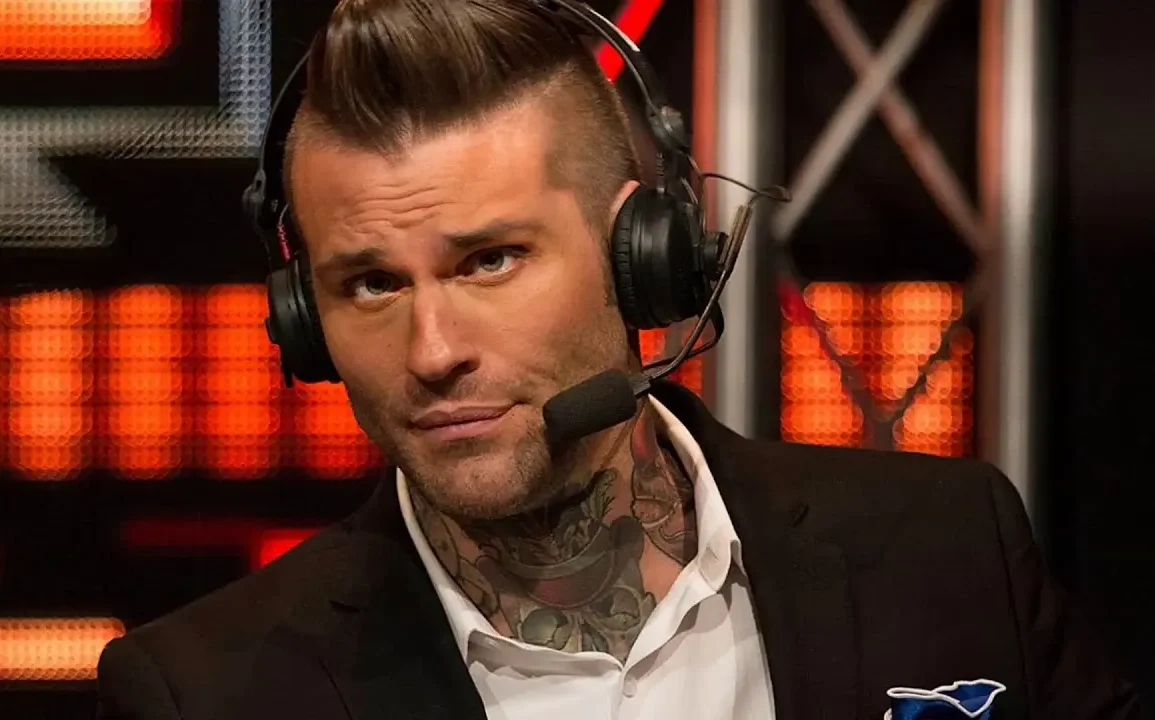For years, WWE has been known for larger-than-life characters, intense rivalries, and breathtaking athleticism. But what happens when some of those Superstars trade in their wrestling boots for a headset? Commentary is a crucial part of any wrestling show — it drives the storylines, highlights in-ring action, and connects with audiences on a deeper level. Yet, some of the voices behind the mic were never expected to be there.
Some WWE Superstars, known for their in-ring dominance or wild personalities, later became the voices of Monday Night Raw, SmackDown, and even pay-per-view events. Whether it was because of injury, career evolution, or sheer charisma, these transitions surprised many fans. Let’s explore four of the most unexpected WWE Superstars who went from competing in the squared circle to calling the action for millions around the world.
1. Booker T: From Five-Time Champion to Color Commentator
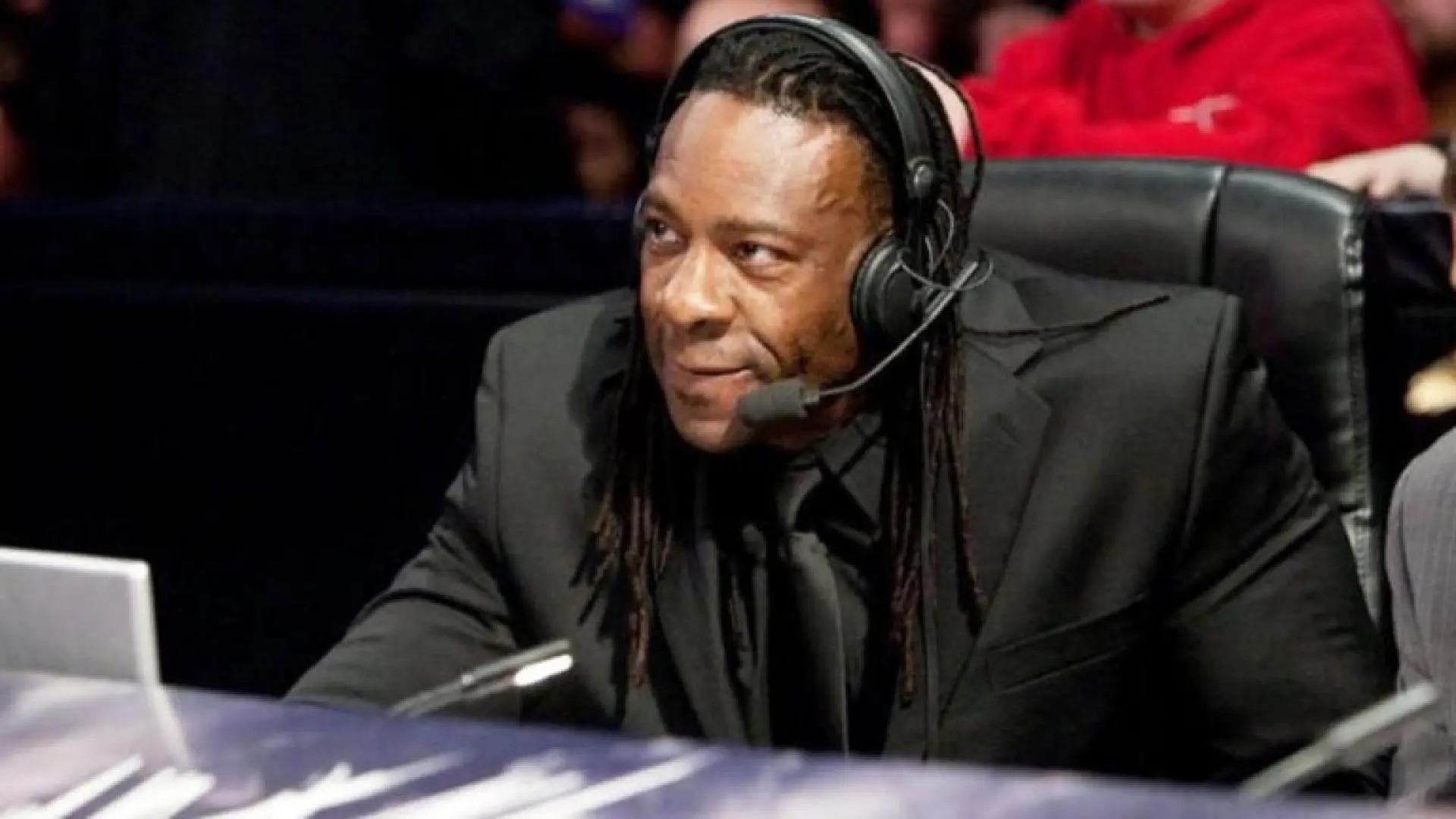
Booker T’s journey to the commentary desk was as surprising as it was successful. Known for his legendary career as a five-time WCW Champion and multiple-time WWE titleholder, Booker T had a reputation as one of the most dynamic and energetic performers in professional wrestling. His signature moves, such as the Spinaroonie and Harlem Hangover, made him a fan favorite, and many thought he would remain in the ring for life.
However, after winding down his in-ring career, Booker T made an unexpected shift to the announce table. His enthusiastic style and unique way of expressing himself gave a fresh energy to the commentary team. Famous for phrases like “Shucky Ducky Quack Quack” and his animated takes during matches, he quickly became a beloved voice on both Raw and SmackDown.
Booker T’s role as a commentator also allowed him to share insights that only a seasoned veteran could provide. He brought firsthand experience of title matches, rivalries, and WWE politics, giving viewers a deeper understanding of what was happening in the ring. Fans still appreciate Booker’s occasional returns to commentary, proving that his voice is as legendary as his in-ring achievements.
2. CM Punk: The Straight-Edge Superstar Behind the Mic
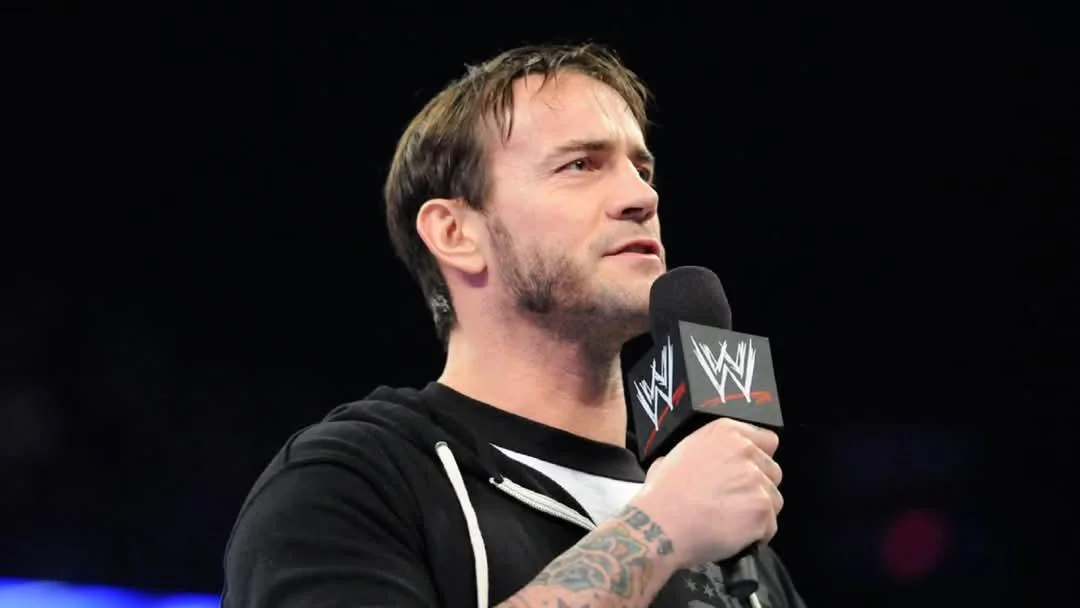
CM Punk is remembered as one of the most outspoken and rebellious Superstars in WWE history. His “Pipebomb” promo alone secured his place in WWE lore. Known for breaking the fourth wall, challenging authority, and always speaking his mind, Punk was the kind of wrestler you expected to see in high-profile feuds — not behind a commentary desk.
Yet, during late 2010 and early 2011, while recovering from injury, CM Punk temporarily joined the Raw commentary team. His stint at the desk was brief but memorable. With a razor-sharp wit and unapologetic attitude, Punk brought an edge to commentary that hadn’t been seen in years. He critiqued wrestlers with biting sarcasm, praised underappreciated talent, and never hesitated to take verbal jabs at management.
His presence was so natural that many fans wished he had stayed longer in the role. Punk’s time on commentary showed that his talent extended far beyond wrestling, and his ability to tell stories with his voice was just as impactful as with his fists. Though he eventually returned to active competition, his commentary run remains a highlight for many longtime WWE fans.
3. Samoa Joe: The Submission Machine Takes Over Commentary
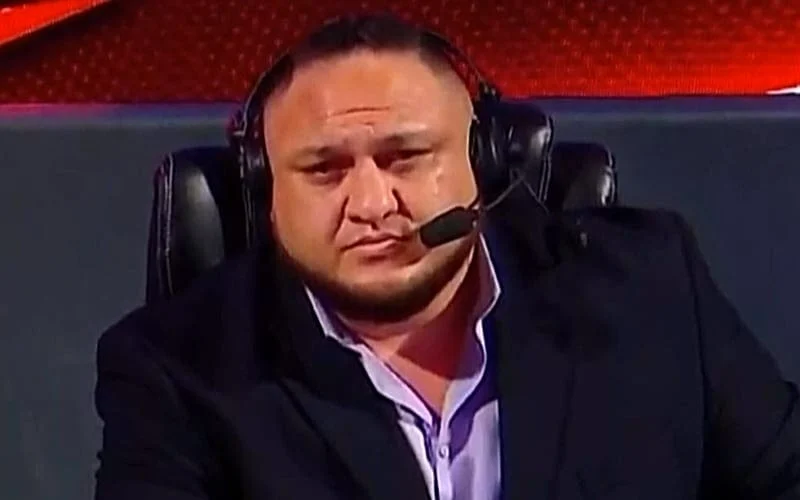
Samoa Joe built his reputation as one of the most hard-hitting and intense wrestlers in the business. His stints in Ring of Honor, TNA, and eventually WWE, showcased his ability to blend brute force with technical mastery. Known for devastating submission moves like the Coquina Clutch and muscle-busting slams, Joe was seen as a destroyer in the ring.
So when Samoa Joe transitioned to commentary during his WWE tenure, it caught many fans off guard. Originally stepping in as a temporary solution while recovering from injury, Joe’s sharp mind, deep voice, and analytical breakdowns quickly earned him praise as a commentator. He brought a seriousness to the role that enhanced the legitimacy of the matches and storylines.
Unlike others who relied on humor, Joe focused on the psychology of wrestling, explaining why certain moves mattered and how wrestlers were strategizing mid-match. His calm but intense delivery made fans hang on to his every word. Samoa Joe proved that even the most feared fighters could offer some of the sharpest commentary when given the chance. His dual identity as both fighter and analyst makes him one of WWE’s most unique voices.
4. Corey Graves: From Rising Star to WWE’s Premier Analyst
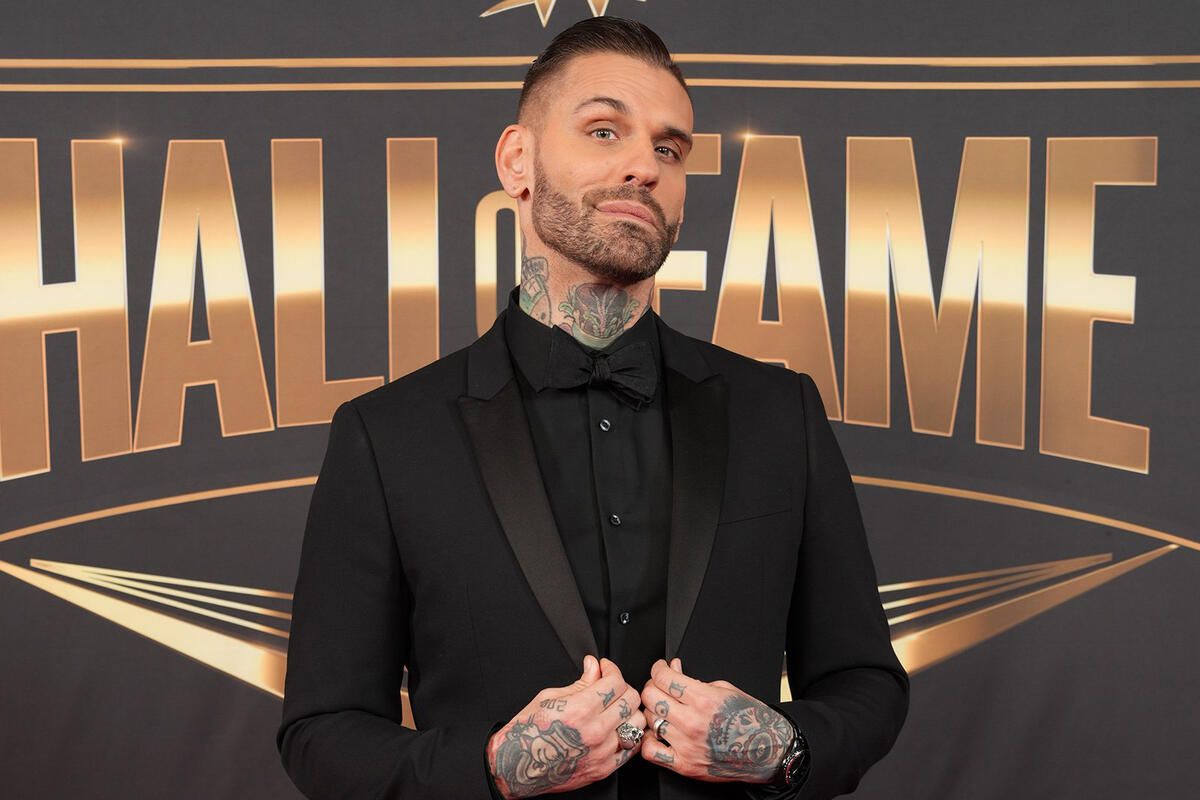
Before becoming one of WWE’s lead commentators, Corey Graves was poised for a promising in-ring career. A standout in NXT, Graves brought a punk-rock persona and a technical style that set him apart from his peers. Unfortunately, due to multiple concussions, Graves was forced to retire from active competition far sooner than expected — a heartbreaking twist for a wrestler on the rise.
However, WWE saw potential in Graves beyond wrestling. Transitioning to commentary in 2014, Graves quickly found his niche. His sharp tongue, sarcastic humor, and ability to analyze matches made him a natural fit. As a commentator, Graves adds an edge to every broadcast, often playing the role of the “heel” announcer who supports villainous wrestlers, creating tension and entertainment in every match call.
What makes Corey Graves stand out is his ability to balance critical analysis with personality. He doesn’t just describe what’s happening; he gives context, history, and emotional weight to every action in the ring. Today, as a staple on both Raw and SmackDown, Graves has become one of WWE’s most recognizable voices, proving that even when wrestling dreams are cut short, new paths can open.
Why These Transitions Matter to WWE and Fans
These Superstars-turned-commentators remind fans that there’s life beyond wrestling matches. The transition from wrestler to commentator allows experienced veterans to continue contributing to the industry they love while giving fans a different perspective on the action. Wrestlers-turned-commentators often know what it’s like to be inside the ring, making their insights far more valuable than those of someone without that firsthand experience.
Additionally, these career shifts often bring a new dynamic to WWE broadcasts. Whether it’s Booker T’s high-energy quips, Punk’s rebellious takes, Joe’s strategic breakdowns, or Graves’ witty analysis, each of these personalities has added something unique to the commentary booth. Their presence enriches the viewing experience and ensures that fans are not only watching a match but also gaining a deeper appreciation for the art of wrestling.
As WWE continues to evolve, it’s exciting to see which current Superstars might one day make a similar leap to commentary — keeping the connection between the ring and the microphone as strong as ever.

